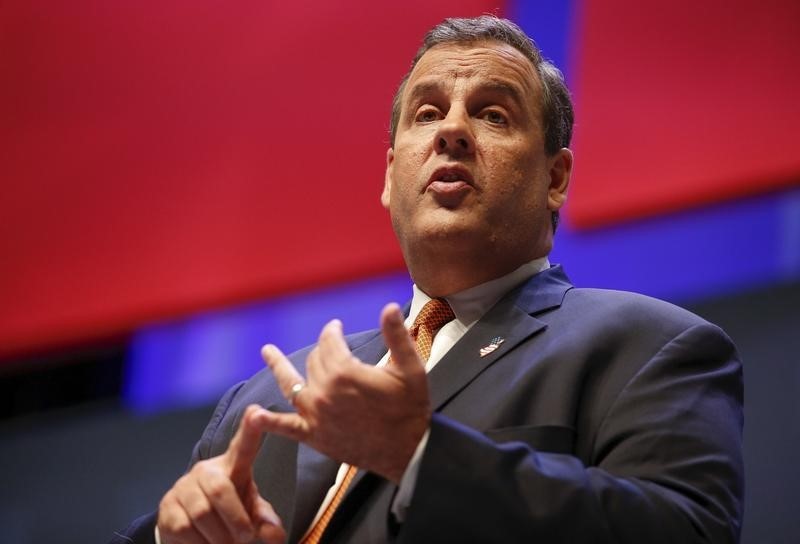By Katie Reilly
NEW YORK (Reuters) - The New Jersey Senate voted to override Governor Chris Christie's veto of a gun control bill on Thursday, marking the first time either chamber of the legislature has overturned one of his vetoes since he took office in 2010.
Christie, who is running for the 2016 Republican presidential nomination, rejected the bill in August after it passed unanimously in both the state Senate and General Assembly. The governor has a mixed record on gun control, a hot-button issue in the 2016 presidential race.
The 80-member General Assembly, whose next voting session is scheduled for Dec. 3, would need to override the veto with 54 votes for the bill to become law. Democrats hold 48 seats.
The Senate vote comes after a rash of mass shootings, including one at a community college in Oregon that left 10 dead this month. The massacres have fueled a national debate over keeping guns away from people with a history of mental illness.
The New Jersey bill goes further than previous state legislation by requiring notification of local law enforcement prior to expunging the mental health records of people who want to purchase firearms.
Federal law prohibits the purchase of guns by anyone who has been involuntarily committed to a mental health facility, but a judge can expunge that record if a person is deemed unlikely to endanger the public.
"I cannot endorse a continued path of patchwork proposals and fragmented statutes that add further confusion to an already cumbersome area of law," Christie wrote in his conditional veto.
In a statement on Friday, Christie said he would support a more comprehensive solution that includes access to mental health treatment. He said Senate Minority Leader Thomas Kean, a Republican, is working on such a bill.
Democratic senators had hoped to regain the support of Republican legislators who abandoned the bill in the wake of Christie's veto. In the final tally, the bill passed with the required 27 votes in the 40-member Senate.
Many Republicans said the bill would have had no impact on preventing recent mass shootings in which the gunman had not previously been committed to a mental health institution.
In vetoing the legislation, Christie proposed other reforms, including the requirement that a person previously involuntarily committed for mental health treatment demonstrate medical evidence of suitability to obtain a firearm.
